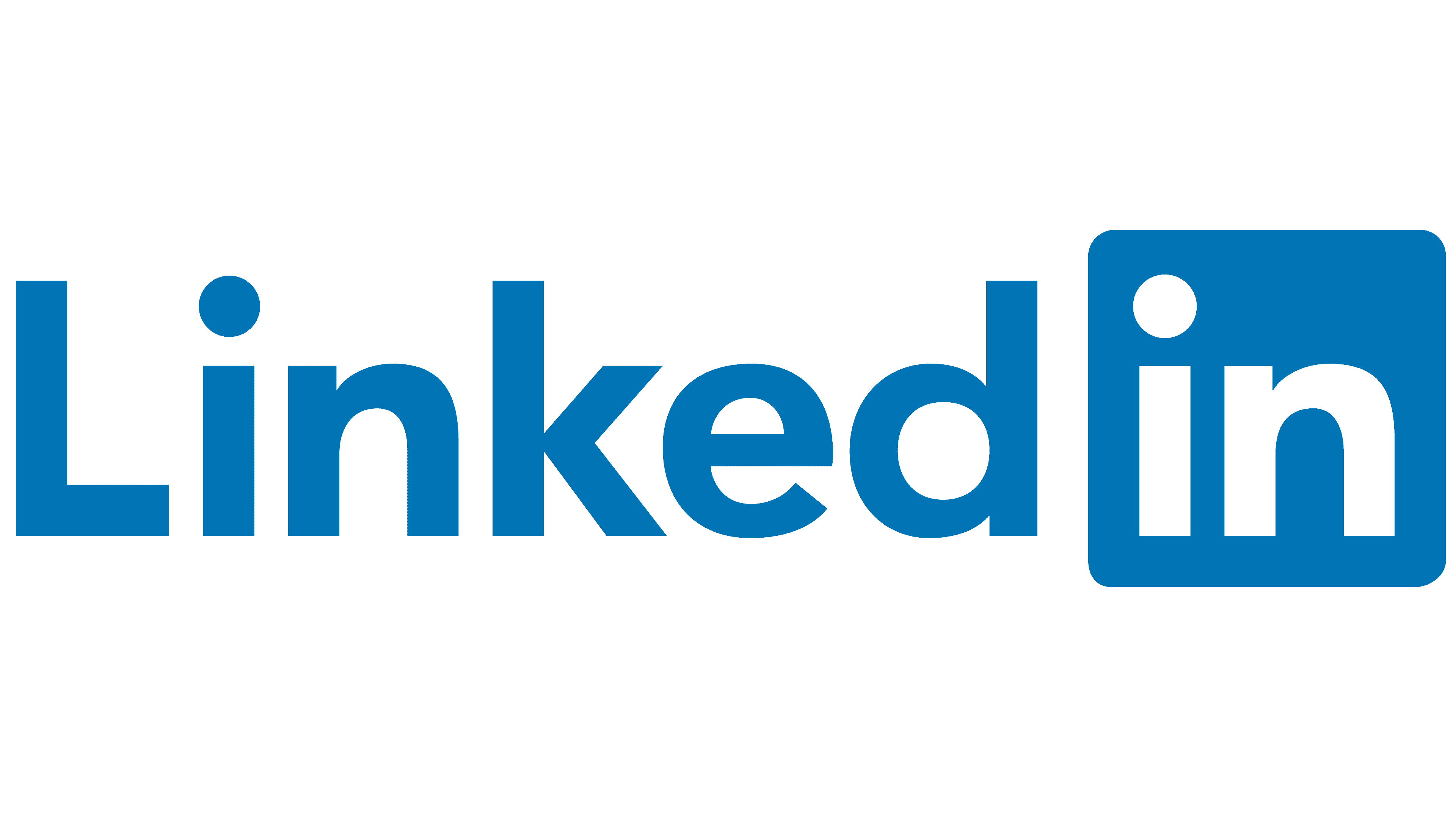How Technical Companies Win Proposals – Learn How to Write a Winning Proposal
-As shared by Meg O’Hara.
govmates previously co-hosted an exclusive training and education session on the topic of writing compelling proposals with SME Tan Wilson of Entellect. We had a lively discussion that brought about some points that I believe our technical industry, as a whole, might find interesting.
The biggest thing I’ve noticed when talking to companies with highly technical and very innovative solutions is that they want to talk about the process of their “thing.” Whatever it is that they’ve created. They’re spending most of their discussion time talking about features instead of benefits. To write a winning proposal, it’s crucial to focus on providing solutions to customer questions and emphasizing the benefits rather than just demonstrating the technical prowess of the solution. We’ll get there; cool your jets.
Here are a few things for you to know before you jump full force into a proposal.
Know Your Customer: First, you need to build a profile of your customer, so you’re better prepared to answer questions about who they are, what keeps them awake in the wee hours of the morning, and how you can better their lives while allowing them to keep their nest egg intact. Much like humans in general, system integrators want to know “what’s in it for me?” While that may feel harsh, take their perspective into consideration quickly. They have a problem that is dominating their tasks and outputs, they see a few companies that can help them solve it, and time is usually of the essence. Let’s not waste that time with a song and dance when a quick coffee meeting or zoom call could demonstrate capability in less time. How can you write a winning proposal without knowing who it is you’re making the proposal to? When the government wants to find a government contractor, they want to get someone who already understands the issues and solutions necessary for the contract.
Know Your Competition: Sorry to say, but the likelihood that someone does something similar to you, especially in this space where we know and understand the innovative needs of the government, is remarkably high. But that doesn’t mean that there isn’t a niche that your company fits perfectly. There will also be things that your competition does, claims, or believes that you can highlight as a vulnerability. As Tan says, “Don’t be afraid to throw a little shade.” Customers don’t like risk, so if you can highlight something that’s not necessarily a strength, don’t be afraid to do so, professionally. GovCon proposal management is all about what you can offer that the competition can’t, don’t be afraid to lean on your strong points if it will win you the contract, especially if the competition can’t replicate what you do.
Know the Time and Place for Metrics: Much like you wouldn’t add the frosting to a cupcake before baking it, don’t lead with the metrics. Let them support your past performance and your experience rather than being the driving force. When you’ve done the work to provide a helpful solution that the government has requested, THEN it will be time to add your proof points into the mix. Don’t jump into it too soon as you might miss your best opportunity. Timing is crucial to GovCon proposal management, knowing when to sprinkle in your metrics can make a world of difference.
So, how does all of this help technology companies to win proposals?
Hopefully, it reminds the technology-minded people in our industry to focus on the requirements and the expectations for an RFP. GovCon proposals aren’t the time to get creative with your approach. Save that for your website, slide deck, and marketing collateral. Do the customers and contracting officers a favor and simply follow the directions they’ve outlined for you. It should also be noted that customers and contracting officers don’t often have the same technical experience as those developing the solutions being presented, so keeping your vernacular at an industry-standard level is appreciated.
Go forth and win!




